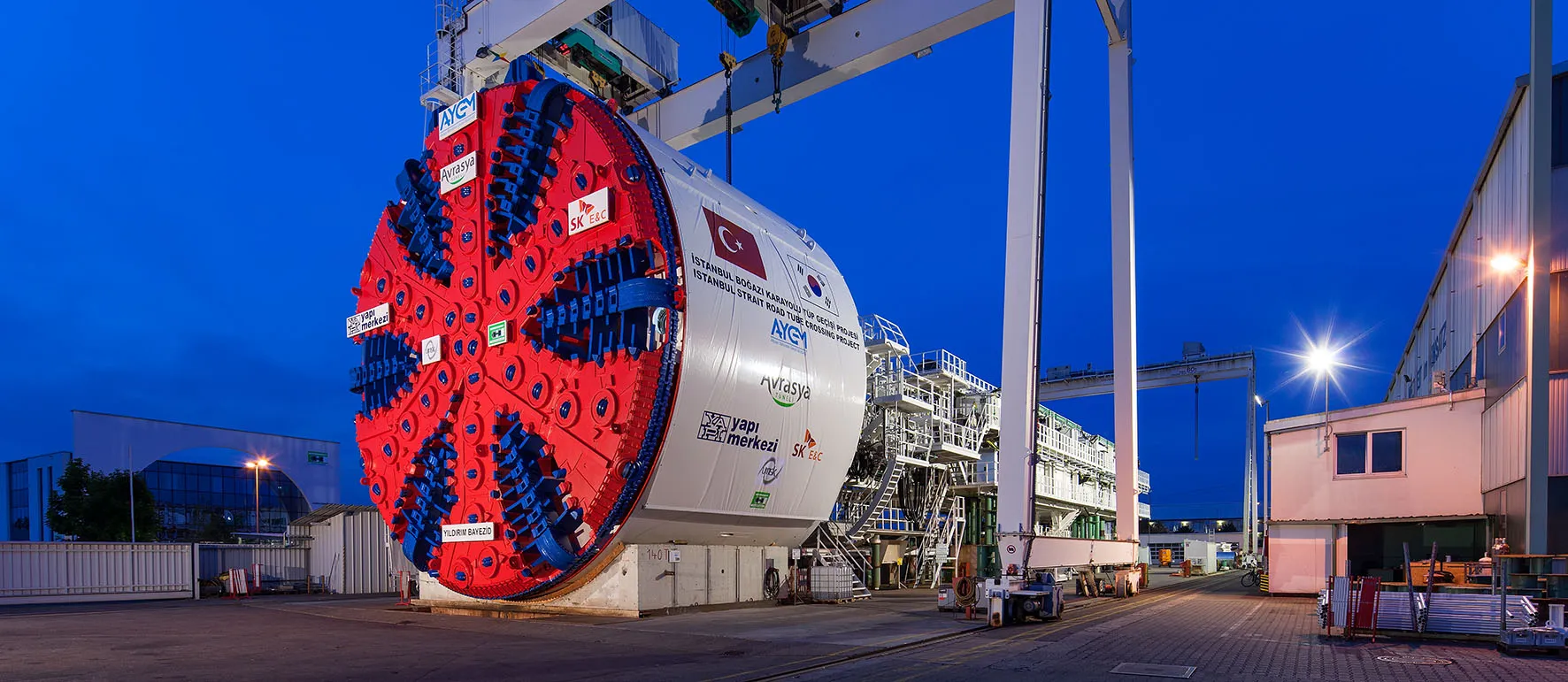The complete financing for the Autopista al Mar 1 highway project in Colombia has now been secured. Loans of US$713 million from eight banks, seven of which are international institutions, will pay for the PPP project. Firms involved in the project include the Austrian contractor STRABAG and the Spanish firm Sacyr, as well as the local company CONCLAY. Construction work is well underway for the project, which is around 30% complete. Once the highway opens for traffic, it will improve transport and trade in
March 21, 2019
Read time: 1 min
The tender process is open for the study into the planned Paso Las Lenas tunnel to connect Chile and Argentina. The study is expected to cost US$1.55 million and will be paid for by Chile’s O’Higgins Region. The tunnel will be some 11.5km long and the portal in Chile will be at an altitude of 2,020m while the entrance on the Argentine side will be at 2,364m, allowing it to be used throughout the year. The tunnel has an expected pricetag of some $1.67 billion to build, with the countries sharing the construction costs. This project to improve transport between the two countries will also include building 13km of road in Chile and 60km of road in Argentina’s Mendoza Province.







